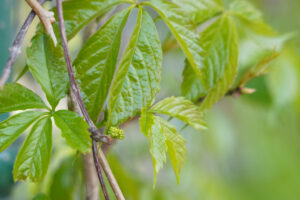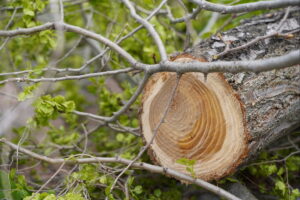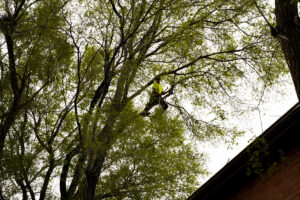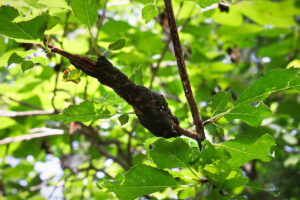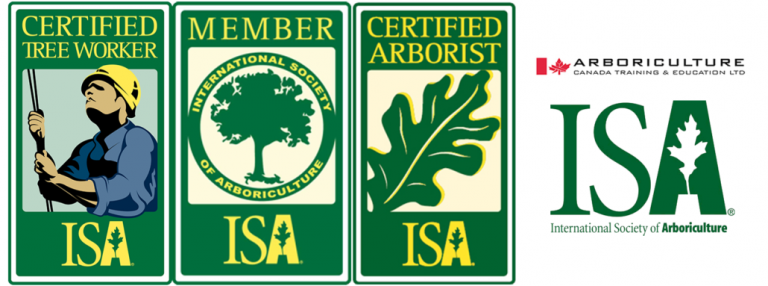Is Your Tree Dying from Stress?
The life of a tree isn\’t easy. Like people, trees can also suffer from stress. Suffering in this case doesn\’t mean physical pain, but a diminished vitality that can slow the tree\’s growth, and make it more vulnerable to disease, insects, and pathogens. Continued stress can cause a downward spiral that eventually kills the tree.
The effects of stress are not immediately apparent, but take time to show — sometimes as long as several years. While early stress detection is difficult, you can diligently look for the causes of stress in your trees. These include:
- Excess water. Too much water prevents the roots from getting oxygen from the soil.
- Drought.
- Mechanical damage. Does your tree have missing bark from lawnmower impacts? Pruning during the wrong time of year and topping are also mechanical stressors. Animals such as deer or squirrels may remove bark.
- Soil compaction. Compacted soil lacks oxygen, reduces water penetration, and makes root growth difficult. The grass in areas with compacted soil is generally sparse and unhealthy.
- Insect infestation.
- Weeds. Weeds compete for minerals and soil moisture.
- Vines. Vines compete for minerals, soil moisture, and sunlight.
Signs of a stressed tree include:
- Fungi. Fungi growing on the trunks of hardwoods have a fan-like shape. They are growing off the dying wood within the trunk.
- Reduced tree canopy. The leaves of a stressed tree are small for the tree species and may be pale in color.
- Rotten wood within the tree. If the wood inside cracks or holes in the trunk is rotten, the tree is stressed.
- Bark pealing and dropping off the tree.
- Leaves change color and drop from the tree prematurely.
- Leaves bloom later in the spring.
- Dead branches. Dead branches are common near the bottom of trees where the sunlight doesn\’t reach. However, if you see dead branches near the top where abundant sunlight is available, something is wrong.
If you spot or are responsible for any of the above causes of tree stress, remedy the situation. Signs of tree stress means the condition has been ongoing for a period of time, and requires immediate action on your part. If you can\’t identify the cause of the stress or don\’t know how to remedy the problem, Newmarket tree care specialists are available.
For advice and/or help, you can follow along on Facebook and Instagram, or you can contact us here if you have any questions.

